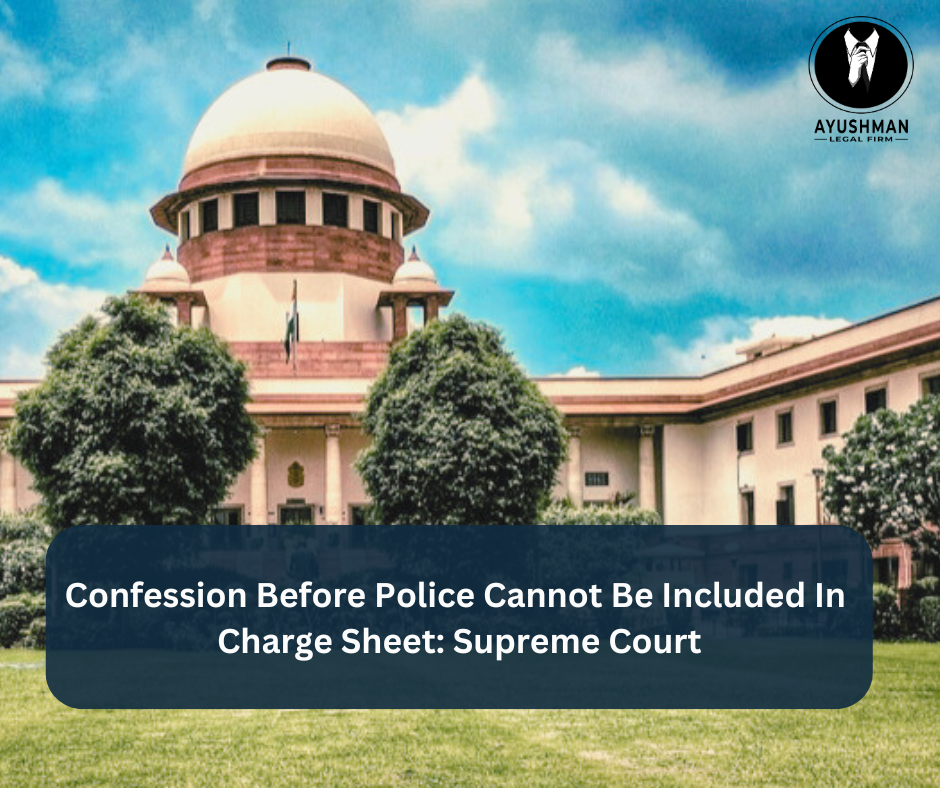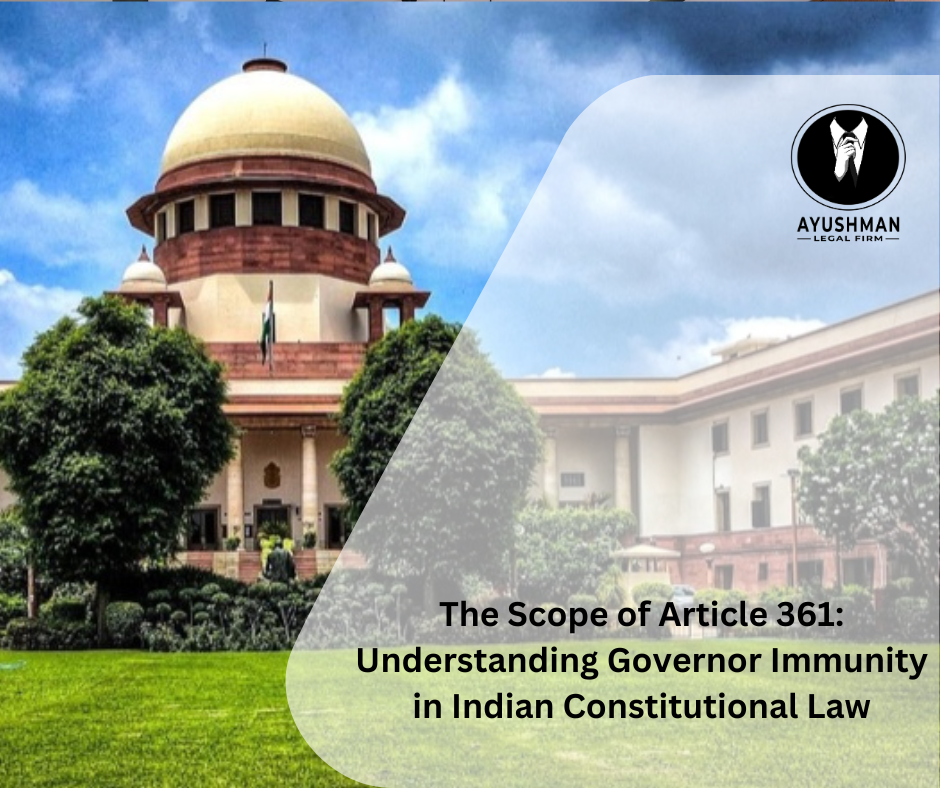In India, the legal stance on confessions made to police officers is well-defined and stringently regulated. The Supreme Court of India has consistently held that confessions made to police officers cannot be included in the charge sheet. This principle upholds the constitutional rights of individuals and ensures the integrity of the judicial process.
The Constitutional and Legal Provisions
Article 20(3) of the Indian Constitution
Article 20(3) of the Indian Constitution explicitly states that no person accused of any offense shall be compelled to be a witness against himself. This constitutional safeguard is a cornerstone in the protection of individual rights against self-incrimination.
Section 25 of the Indian Evidence Act, 1872
Section 25 of the Indian Evidence Act, 1872, categorically declares that no confession made to a police officer shall be proved as against a person accused of any offense. This statutory provision is crucial in ensuring that any statement made to police officers during an investigation cannot be used against the accused in a court of law.
Section 26 of the Indian Evidence Act, 1872
Section 26 of the same Act further reinforces this principle by stating that a confession made by a person while in police custody is not admissible, unless made in the immediate presence of a Magistrate. This provision ensures that any confession made under duress or coercion is not admitted as evidence.
Supreme Court Judgments Reinforcing the Principle
The Supreme Court of India has delivered several landmark judgments reinforcing the inadmissibility of police confessions. These judgments are pivotal in understanding the judicial approach towards such confessions.
Nandini Satpathy v. P.L. Dani
In the landmark case of Nandini Satpathy v. P.L. Dani, the Supreme Court emphasized the need to protect individuals from self-incrimination and highlighted the importance of legal safeguards against coercive police practices.
State of Punjab v. Baldev Singh
In State of Punjab v. Baldev Singh, the Supreme Court reiterated that confessions made to police officers are inadmissible in court. The court emphasized that any evidence obtained through such confessions should be scrutinized with utmost caution.
Noor Aga v. State of Punjab
In Noor Aga v. State of Punjab, the Supreme Court held that the right against self-incrimination is a fundamental right under Article 20(3) and any confession made to police officers must be excluded from evidence.
Practical Implications for Law Enforcement
The prohibition on including police confessions in charge sheets has significant implications for law enforcement practices in India. Police officers must rely on other forms of evidence, such as witness testimonies, forensic evidence, and documentary evidence, to build their case against the accused.
Investigative Techniques
Law enforcement agencies are encouraged to adopt advanced investigative techniques and ensure thorough and unbiased investigations. The focus should be on gathering corroborative evidence that can withstand judicial scrutiny.
Training and Awareness
There is a need for continuous training and awareness programs for police officers to ensure that they are well-versed with the legal provisions and constitutional safeguards. This will help in minimizing instances of coercion and ensure that investigations are conducted within the framework of the law.
Conclusion: The legal framework surrounding police confessions in India is designed to protect the rights of individuals and maintain the integrity of the judicial process. The Supreme Court’s stance on this issue, supported by constitutional and statutory provisions, underscores the importance of upholding these principles. Law enforcement agencies must adapt to these legal standards and focus on evidence-based investigations to ensure justice is served.



